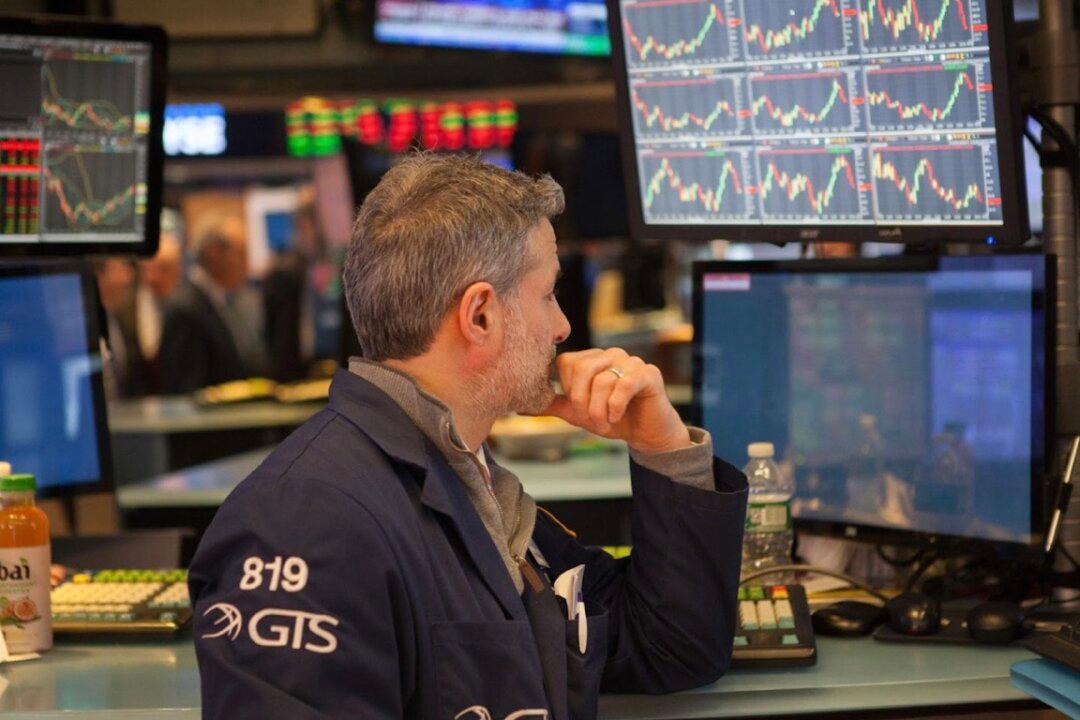After the end of the 20th National Congress of the Communist Party of China (20th NC of CCP) last week, the collective slump in Chinese concept stocks has brought huge returns to investors who shorted the stocks. Traders made a profit of up to 4.4 billion US dollars in short-selling transactions on Oct. 24 and 25.
The 20th NC of CCP closed on Oct. 22. On Oct. 24, China’s A-share stock market experienced a “Black Monday,” during which the Chinese concept stocks and Hong Kong stocks were both under the devastating impact of the slump.





